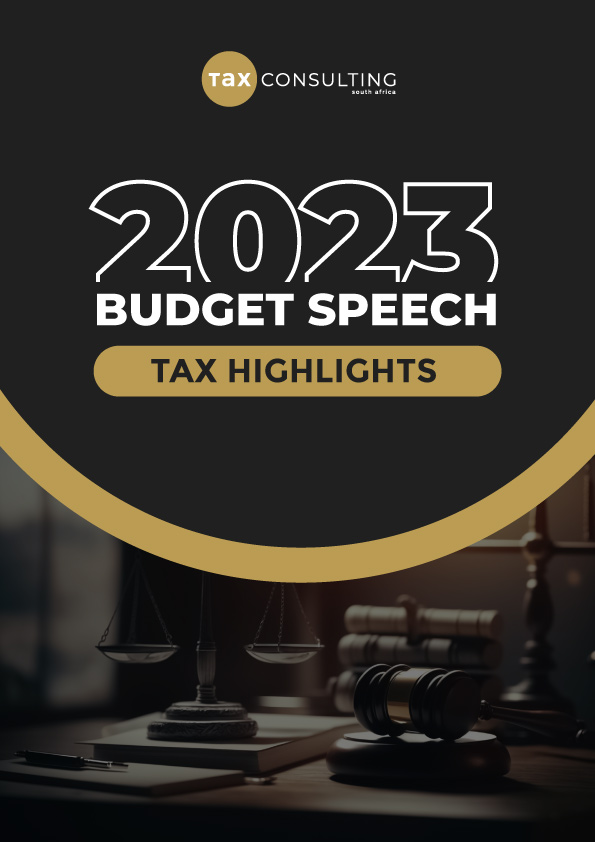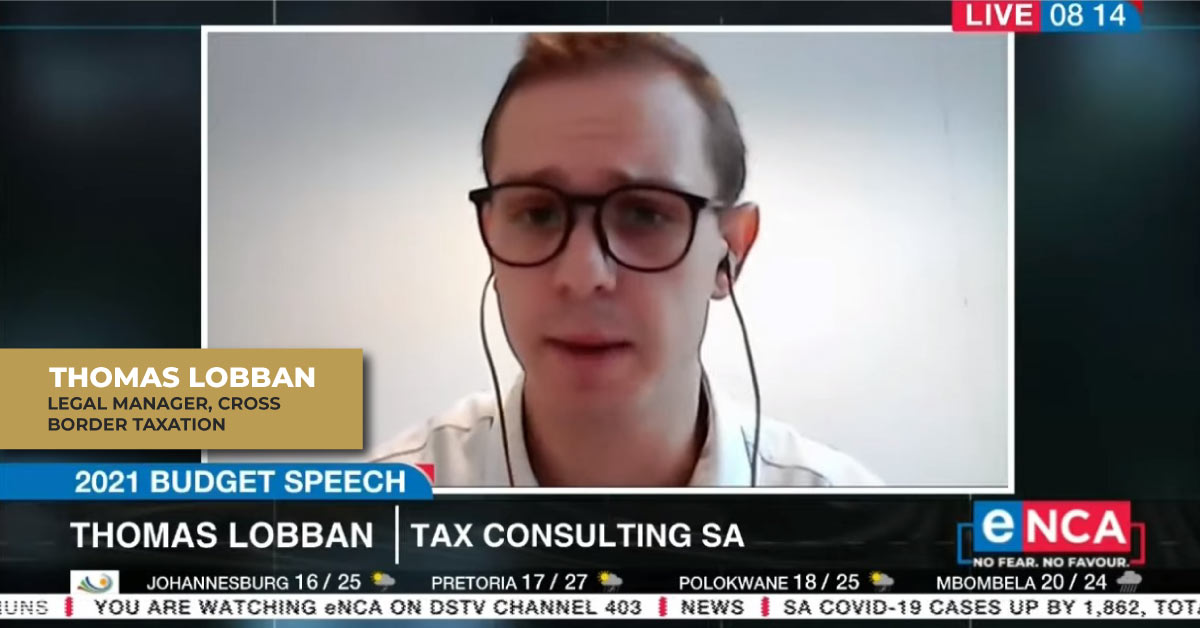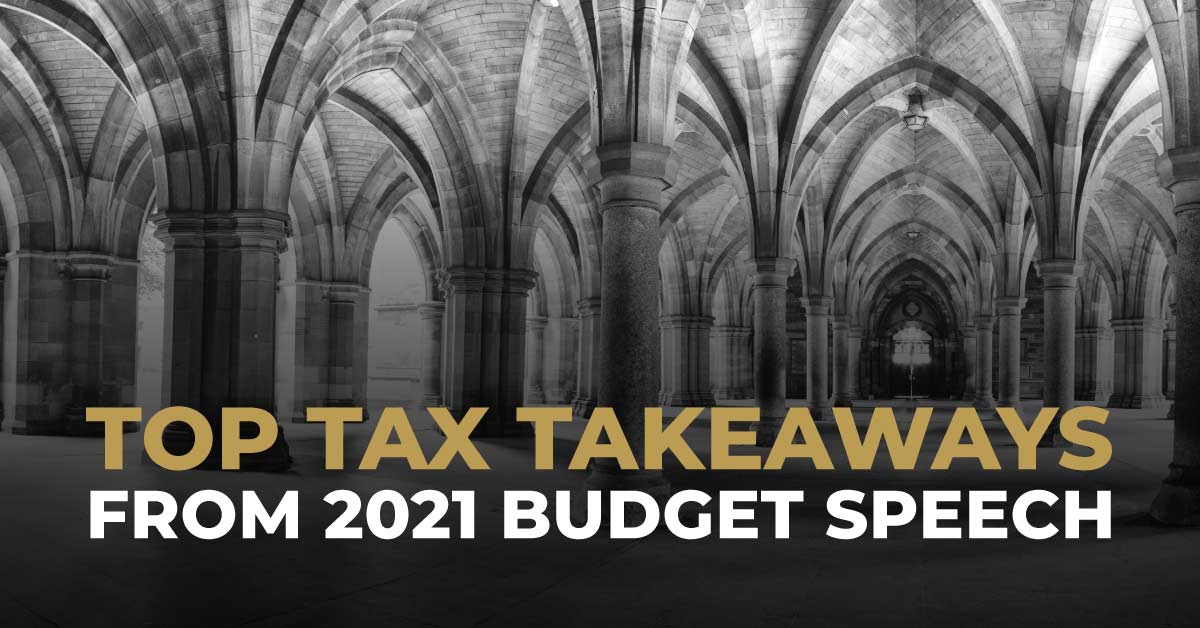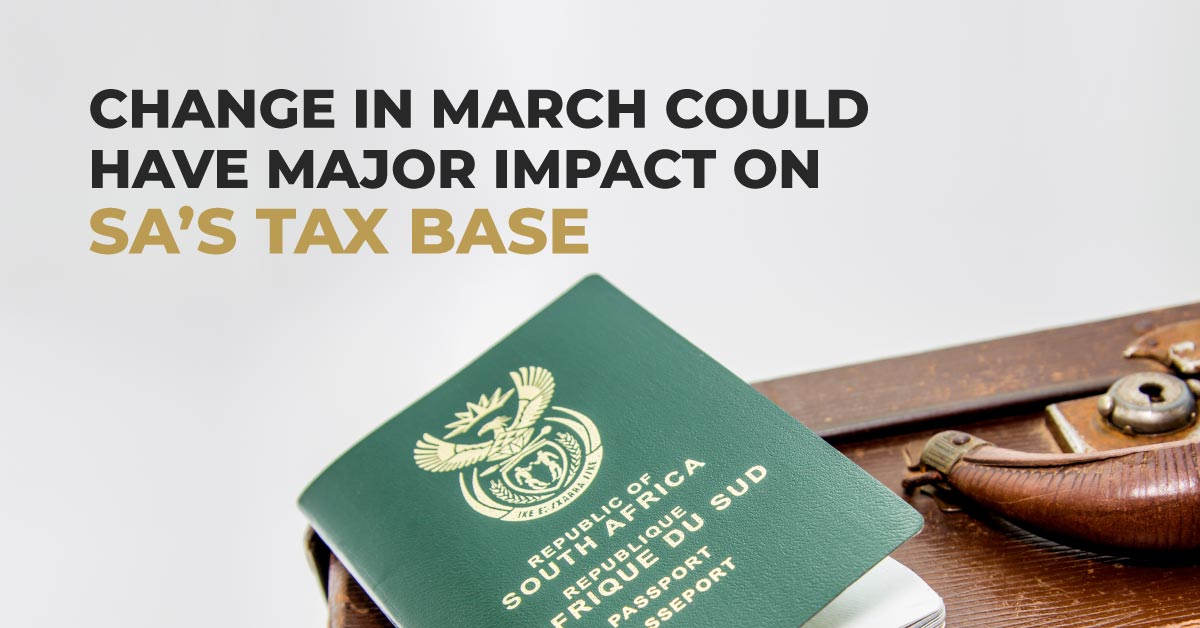GENERAL COMMENTARY ON THE BUDGET SPEECH 2023
The 2023 Budget Speech was delivered by a light-hearted Finance Minister, Enoch Godongwana, with an overarching theme of “repair and maintenance”. A plan to reduce the fiscal deficit, whilst maintaining expenditure on social and infrastructure development was presented. This would be achieved without increasing taxes, as the fiscus was bolstered by strong increases in revenue collection.
The Minister was proud to announce tax relief measures for individual taxpayers, in addition to zero tax increases. Following past trends, the customary inflationary adjustment to personal income tax tables and medical tax credits was declared. Treasury has also increased the threshold for retirement lump sum benefits and lump sum withdrawals tax tables as well as transfer duty tables by 10%. Another boon for corporate taxpayers carried over from last year was the reduced corporate income tax rate, down to 27% from 1 April 2023.
Keeping in line with global trends, an increased focus on incentivising renewable energy was highlighted. Corporate taxpayers who elect to invest in renewables will be able to claim a 125% tax deduction on their investment over the next two years, with no threshold limit. Individual taxpayers who install solar panels in the next year will be able to claim a 25% rebate on the cost, up to a maximum of R15,000. These renewable energy tax incentives are geared to run in parallel with Government’s plan to assuage the country’s energy crisis. This would be achieved by extending debt relief measures to Eskom, amounting to R254 billion.
Areas of concern were the projected expenditure on the social wage, which equates to 51% of consolidated government expenditure over the next three years. During the next year this would equate to more than R378 billion, with no end in sight. Another red flag is the fiscal debt service costs, which exceed R340 billion. These expenses on the country’s income statement are only likely to increase, with the extension of Covid-19 relief measures until 31 March 2024, and the ever-increasing social wage.
Treasury elected not to delve too deeply into the measures it would take to combat corruption and wasteful expenditure by state owned entities. A cursory mention was made of the looming potential grey listing of South Africa by the Financial Action Task Force in coming weeks. The increased scrutiny over South Africa is a dark cloud threatening to disrupt foreign direct investment and incentives to stimulate economic growth.
The Minister promoted the message surrounding increased revenue collection and encouraging taxpayer compliance. Tipping his hat to Edward Kieswetter the Commissioner of the South African Revenue Service (“SARS”), Godongwana announced that revenue collection had increased by more than R189 billion in the past year alone. This was largely due to increased collections from corporate taxpayers, especially in the mining and retail sectors.
SARS has demonstrated that it is casting an eye to greener pastures, being the South African expatriate community abroad. An apportionment limitation to both the annual interest exemption and capital gains tax exemption was introduced. These limitations directly target South Africans engaged in the process of ceasing their tax residency. Future legislative proposals alluded to include steps providing for closer scrutiny and possible taxation of offshore structures, including foreign trusts with South African beneficiaries.
Finally, other noteworthy amendments include marginal increases to the so-called “sin taxes” amounting to approximately 4.9% for both alcohol and tobacco products.

Darren Britz |

Richan Schwellnus |

